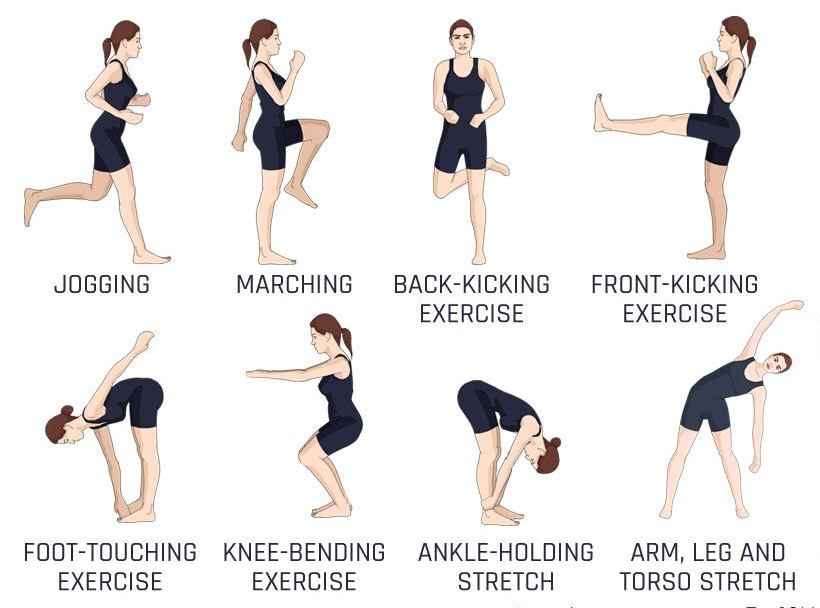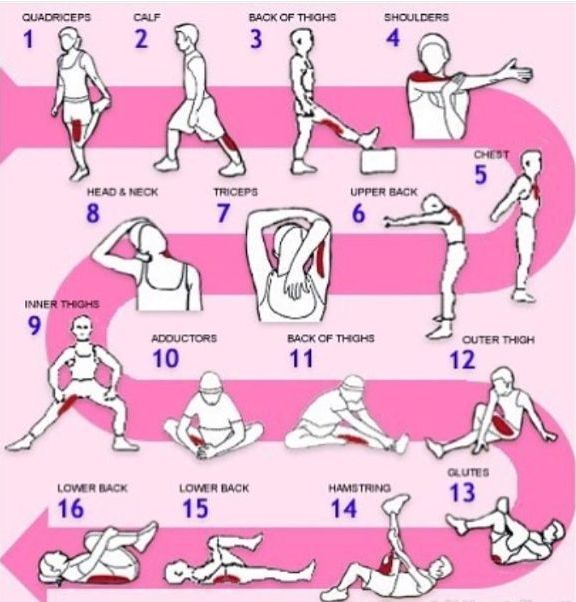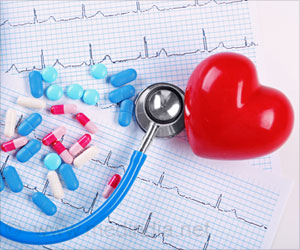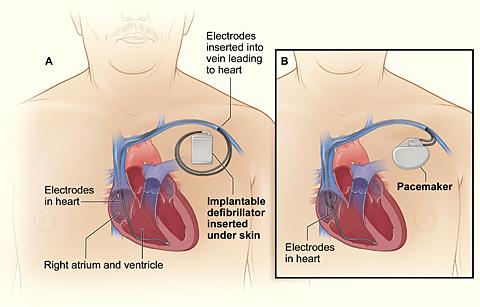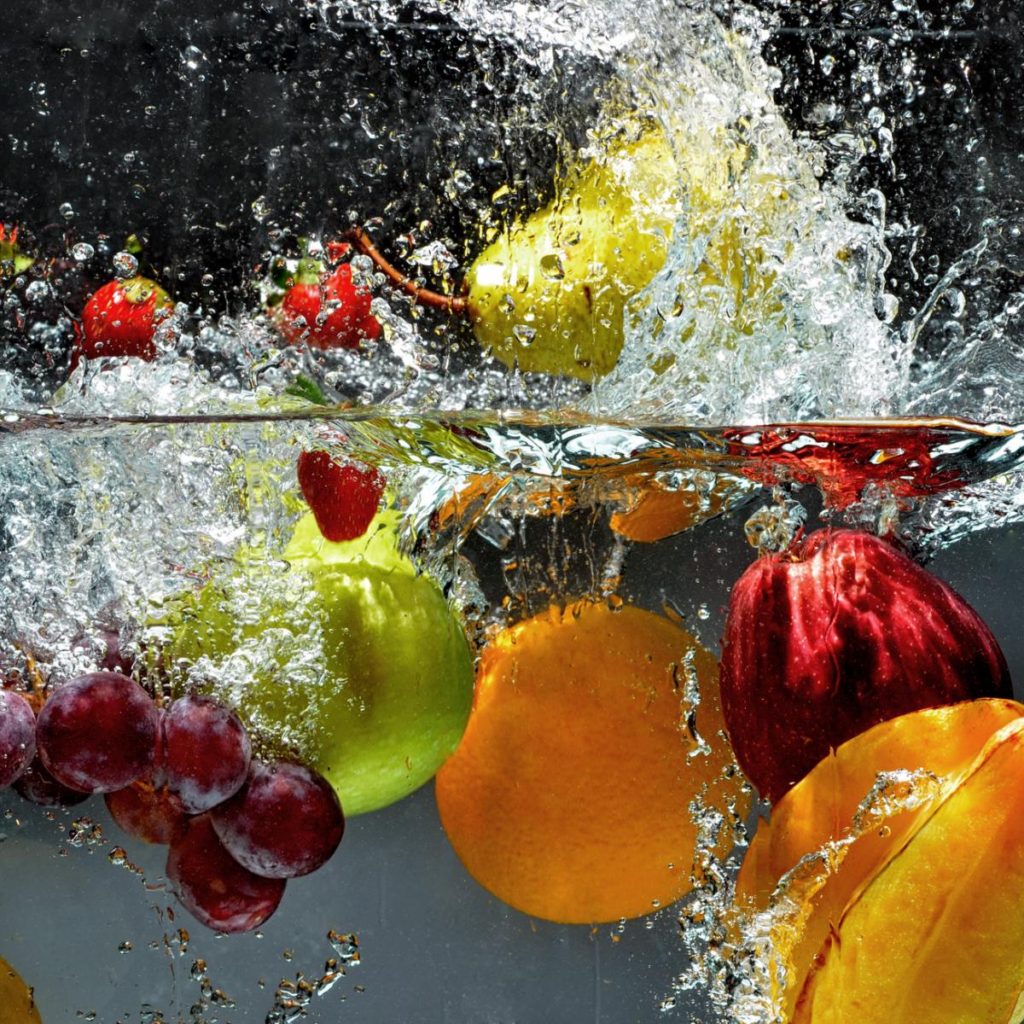Summer is hot but it is also the perfect time of the year to go outside with family and friends for fun activities like swimming, cycling and exploring nature. While the long summer days are an additional boon and motivation for doing outdoor activities, we cannot ignore the fact that the heat and humidity give extra stress to our body. Our natural cooling systems may fail if we are exposed to high temperatures for a long time without taking sufficient precautions. In this blog post, we will discuss the ill-effects of overheating on our body during a workout and ways to prevent it. The heat-related illnesses that we should be aware of are:
- Heat cramps: These are brief but painful muscle cramps that occur during or after exercise or work in a hot environment. Heat cramps are thought to be caused by a deficiency of electrolytes like sodium and potassium.
Symptoms: Heavy sweating and muscle pain or spasm.
Treatment: Stop your exercise and drink water.
- Heat exhaustion: It is the body’s response to an excessive loss of water and electrolytes.
Symptoms: Heavy sweating, paleness, muscle cramps, tiredness, weakness, dizziness, headache, nausea or vomiting and fainting.
Treatment: Stop your exercise and move to a cool place.
Loosen your clothing, take a cool shower or splash yourself with cold water and drink water.
- Heat stroke: It is the most serious form of heat injury and is considered a medical emergency.
Symptoms: Lack of sweating despite the heat, headache, dizziness, red hot and dry skin, muscle weakness or cramps, nausea and vomiting, rapid heartbeat which may be either strong or weak, rapid shallow breathing, seizures and unconsciousness. Behavioural changes such as confusion, disorientation, or staggering may also occur.
Treatment: Call for a doctor, and start the first aid until emergency personnel reach the spot. Move the victim to a cool place, loosen clothing, try to lower body heat by immersing in a tub of cold water, and place wet towels in the armpits, groin, neck, and back.
Any and all of these heat-related conditions can pose a threat to the heart function because the pumping of the heart depends on a delicate balance between the fluids and electrolytes in our body. To protect ourselves from these illnesses proper precautionary measures should be taken before starting the workout.
Plan your workout
Exercise up to your ability, don’t push too hard. Low to moderate intensity exercise is preferable. Break longer workout sessions into 2-3 short sessions (for example ½ hr in the morning and ½ hr in the evening).Choose a park with a lot of shade or the beachside to avoid the heat. Swimming and cycling are good options for aerobic workouts. Strength training and other forms of exercise can be done in the outdoors when the heat is less or in an air-conditioned room or gym.
Always start your session with warm-ups and finish with a cool-down. Some basic warm-up exercises are shown here:
And a few useful cool-down stretches are shown here:
Tips for a cool and refreshing outdoor summer workout
- Get a health check done prior to starting any new exercise.
- Time your workout for early mornings or late evenings to avoid the heat.
- Before starting your workout have a cold shower to reduce body temperature.
- Try to find a shaded area for your workout.
- Wear light and loose clothing.
- Apply sunscreen before going out for a workout.
- Drink sufficient amounts of water; tender coconut water is a good electrolyte source after a workout.
- Listen to your body, don’t overdo any exercise.
Cardiac Wellness Institutes celebrates World Health Day on 7 and 8 April 2018 with a goal to make “Health For All” a reality. There will be a medical camp which includes basic parameters like body mass index, blood pressure, important blood tests, and a consultation with the doctor, physiotherapist and dietician. We will be conducting group fitness sessions and education and counselling classes on healthy diet, stress management etc. Each participant also gets an opportunity to sponsor the camp for an underprivileged person.
So this summer stay tuned in to www.cardiacwellnessinstitute.com for some cool programs for a better health today and forever!

